
Lynk was most popular among survey participants
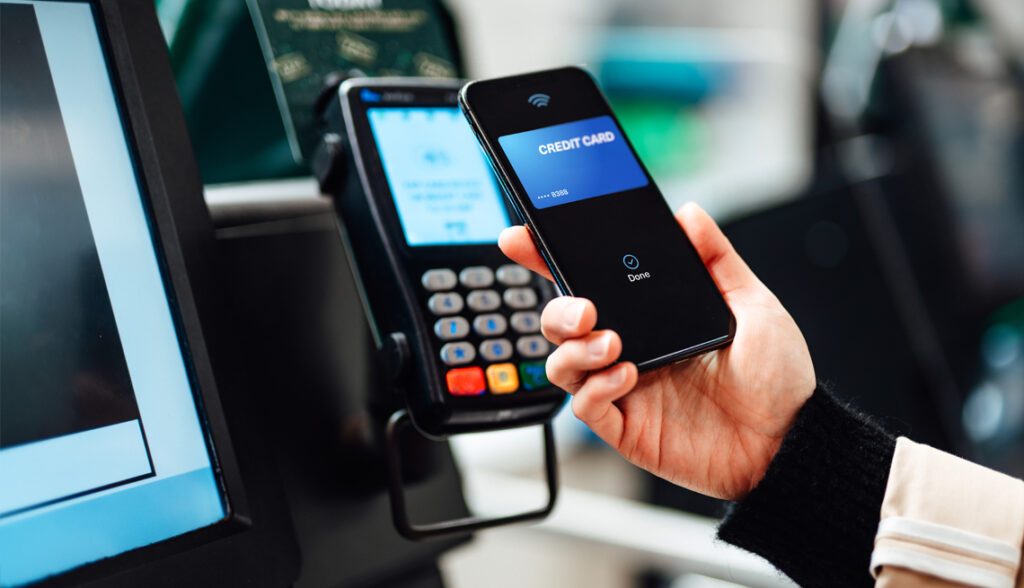
Durrant Pate/Contributor
There has been a marked increase in the ownership of mobile wallets across Jamaica, based on the findings of a survey on financial inclusion commissioned by the Bank of Jamaica (BOJ).
The survey found that the ownership of mobile wallets was twice that of prepaid cards ownership. Only 11.8 per cent reported ownership of a mobile wallet with 25 per cent expressing interest in acquiring same. The majority, (63.2 per cent) were “not interested” in mobile wallets.
The National Financial Inclusion Study 2023 Final Report shows that overall, more than a half (57.1 per cent) of respondents had used at least one digital payment method in at least one instance in the past 12 months. Conversely, 42.9 per cent had used no digital payment method over the same period.
Almost all upper- (98.5 per cent) and-middle-income (91.1 per cent) respondents had used at least one method in the past 12 months, with 67.4 per cent of working-class and 40.7 per cent from the lower income demographic.
Middle income tops demographic using cash
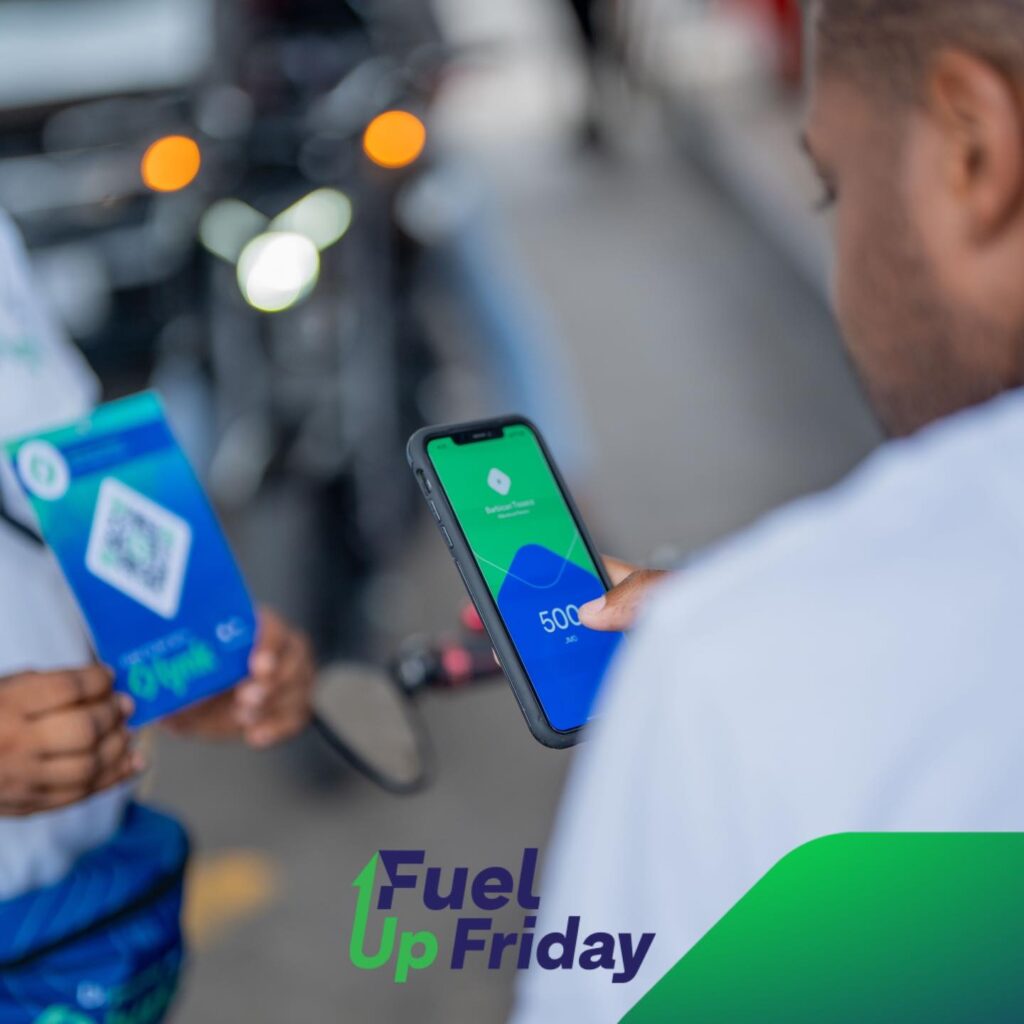
Cash was the main payment method used by middle income, working class and lower income respondents to settle bills or in-store purchases. In contrast, most upper income respondents reported using digital payment methods, and in particular debit cards to pay bills and make purchases in store.
Despite differences in penetration of the various digital payment methods, the survey indicates no rejection of any method. Primary reasons for not owning any method were a general “lack of interest” by 30 per cent or more and “no specific reason” (debit card 8.9 per cent; credit card 13.7 per cent; prepaid card 18.1 per cent and mobile wallet 16.6 per cent).
Over 12 per cent had “never heard” of a prepaid card or mobile wallet. Lack of trust, security concerns and the risk of fraud were some other reasons given. Of the four financial mobile apps probed, awareness was highest for Lynk (64.4 per cent), then ePay (47.6 per cent) and Sagicor MyCash (44 per cent), with awareness lowest for NCB Quisk (37.6 per cent).
The middle-income demographic reflected the highest usage across the products, and banked respondents were more aware versus the unbanked.
Cash remains king in Jamaica

Cash is the method of payment commonly used by the majority Jamaicans daily, with almost three-quarters (72 per cent) of respondents reported using cash on a daily basis. Lower-income respondents (74.9 per cent) were most likely to report daily usage of cash while upper-income respondents (46.2 per cent) were least likely to report daily usage of cash.
Precautionary considerations, stores only accepting cash, and minimum transaction requirements were the main pull factors for using cash. According to the survey, which was conducted via the use of hand-held computers from February 10, 2023 – March 27, 2023, consumers’ ability to use digital payment methods is limited by the penetration of digital payment method acceptance.”
Approximately 66.4 per cent of micro enterprises did not accept digital payments, versus 10 per cent of small enterprises. Cash was universally accepted by both micro and small enterprises. The survey found that acceptance of digital payment methods ranged between 5.0 per cent and 34 per cent, which is even lower (0.2 per cent – 10 per cent) by preference.
However, businesses’ preference and payment method acceptance profile may create a co-dependency with the public profile and vice-versa. Cash was preferred because it made transactions easier (25 per cent), was more convenient (19 per cent) more ‘tangible’ (17 per cent) and suited for small shops (13 per cent).

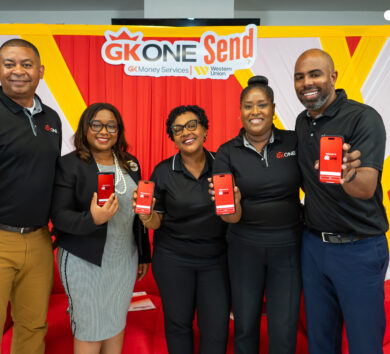
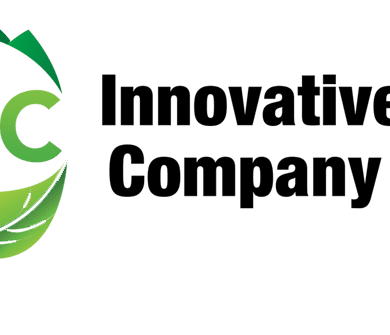


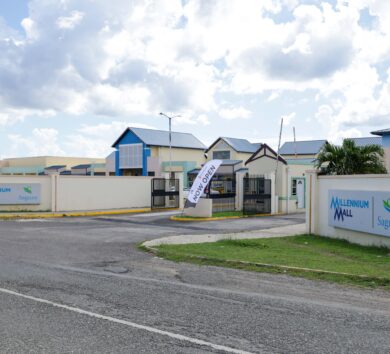

Comments